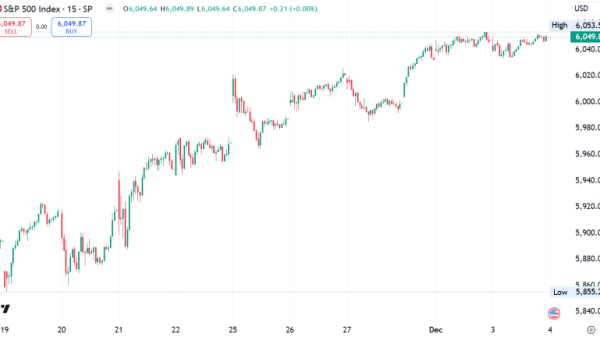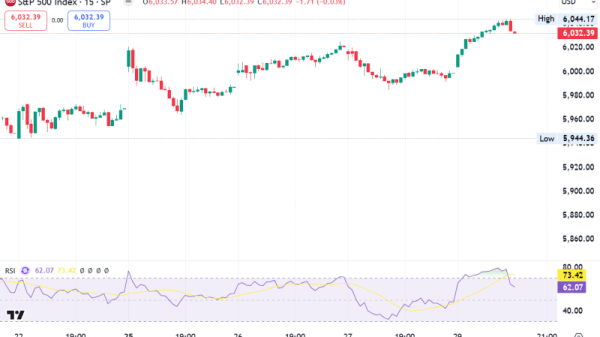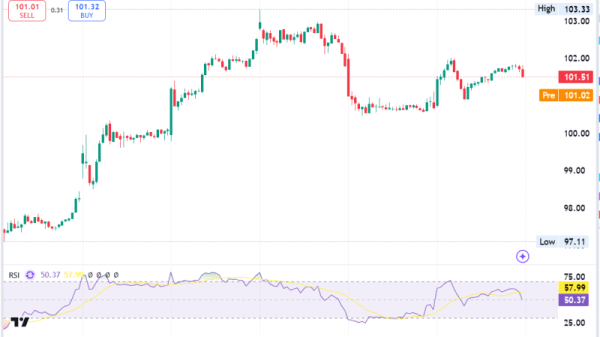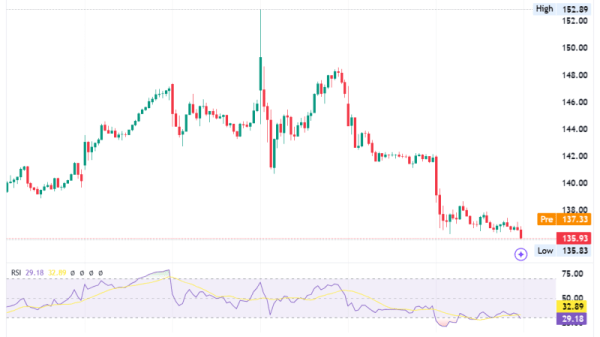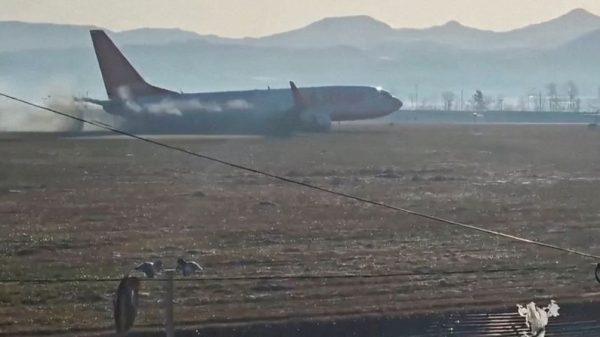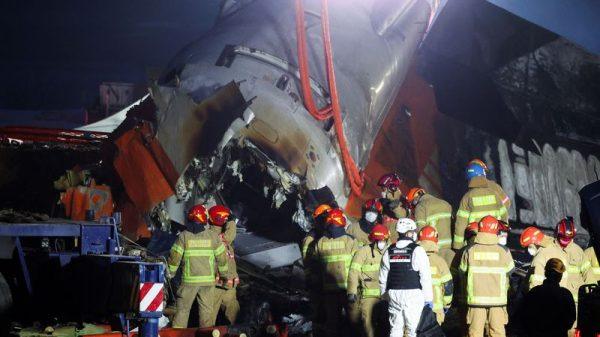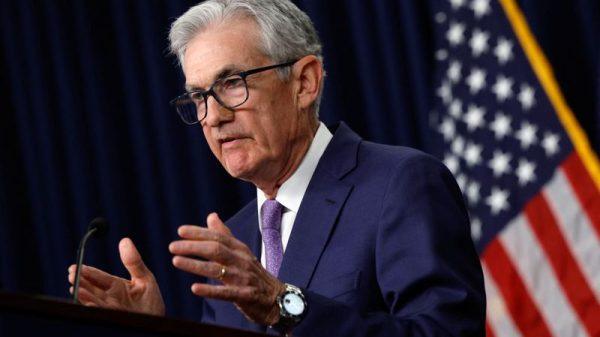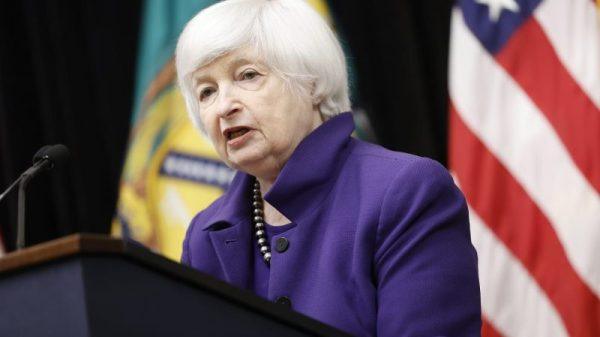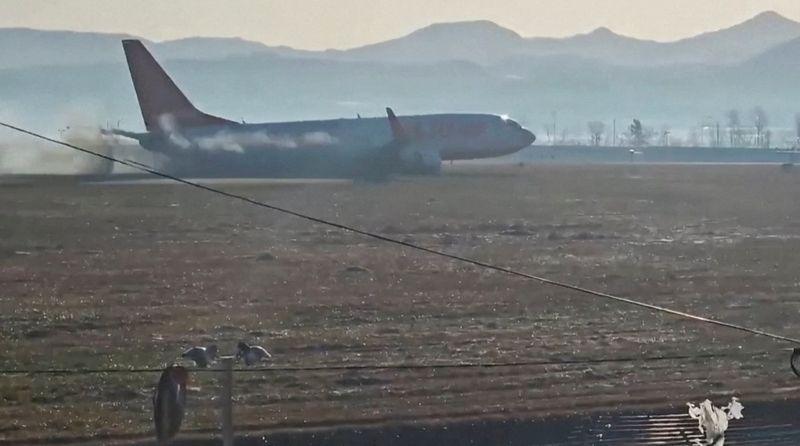By Bart Meijer
(Reuters) – Uncertainties surround the deadliest crash on South Korean soil, experts said on Sunday, questioning initial suggestions that a bird strike might have brought down Jeju Air flight 7C2216.
The apparent absence of landing gear, the timing of the twin-engine Boeing (NYSE:BA) 737-800’s belly-landing at Muan International Airport and the reports of a possible bird strike all raised questions that could not yet be answered.
The single-aisle aircraft was seen in video broadcast on local media skidding down the runway with no visible landing gear before slamming into a wall in an explosion of flame and debris.
“Why didn’t fire tenders lay foam on the runway? Why weren’t they in attendance when the plane touched down? And why did the aircraft touch down so far down the runway? And why was there a brick wall at the end of the runway?” said Airline News editor Geoffrey Thomas.
South Korean officials said they were investigating the cause of the crash, including a possible bird strike, which killed almost all the 181 people on the aircraft.
The flight data recorder was found at 11:30 a.m. (0230 GMT), about two and a half hours after the crash, and the cockpit voice recorder was found at 2:24 p.m., according to South Korea’s transport ministry.
“That gives you all the parameters of all the systems of the plane. The heartbeat of the airplane is on the flight data recorder,” Thomas said. “The voice recorder will probably provide the most interesting analysis of what went on on this tragic crash.”
Within a few minutes, the control tower issued a bird strike warning, pilots declared mayday and then attempted to land, officials said, although it was not clear whether the aircraft had hit any birds.
Experts said it seemed unlikely a bird strike would have caused the landing gear to malfunction.
“A bird strike is not unusual, problems with an undercarriage are not unusual. Bird strikes happen far more often, but typically they don’t cause the loss of an airplane by themselves,” Thomas said.
Australian airline safety expert Geoffrey Dell (NYSE:DELL) said, “I’ve never seen a bird strike prevent the landing gear from being extended.”
Australian aviation consultant Trevor Jensen said fire and emergency services would normally be ready for a belly-landing, “so this appears to be unplanned”.
A bird strike could have impacted the CFM International engines if a flock had been sucked into them but that would not have shut them down straightaway, giving the pilots some time to deal with the situation, Dell said.
It was unclear why the plane did not decelerate after it hit the runway, Dell and Jensen said.
Typically in a belly landing, “You are going to land on your engines and you’re going to have a bumpy ride,” Thomas said.
“You come in with minimum fuel, you have fire tenders in attendance, covering the runway with foam and you land at the furthest end of the runway and usually it ends up being an OK situation.”

